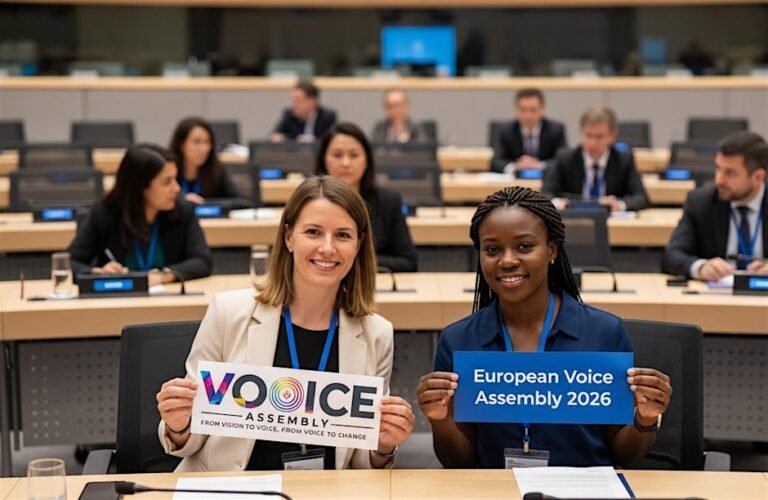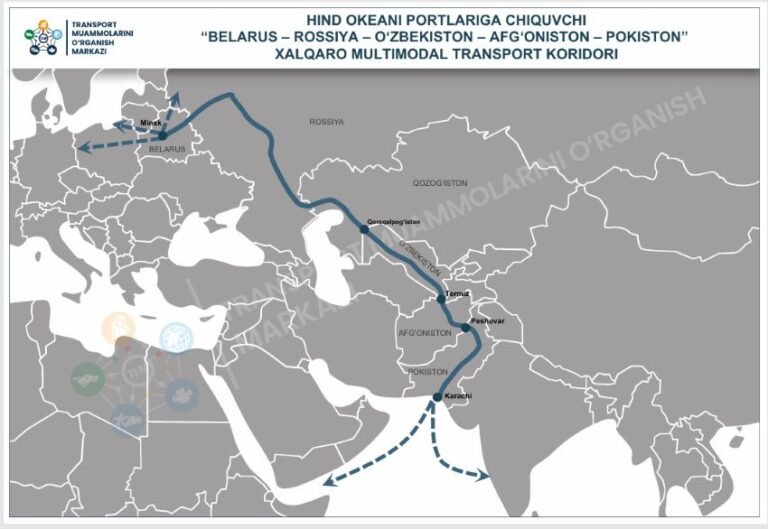Brussels, 30 June 2022 (TDI): On the occasion of World Social Media Day, the European Commission launched a new strategy for a better internet for kids (BIK+).
This new (BIK+) strategy improves age-appropriate digital services and reflects the recently proposed digital principle that children and young people should be protected and empowered online.
Today is World Social Media Day!
The European Commission has adopted a new strategy for a Better Internet for Kids (BIK+), to improve age-appropriate digital services & to ensure that every child is protected, empowered & respected online.
More: https://t.co/0EEBf8Jdz5 pic.twitter.com/ucGDoOj8qu
— EU in Indonesia (@uni_eropa) June 30, 2022
Moreover, it considers the Council’s conclusions on media literacy, the European Parliament’s resolution on children’s rights, and the Council’s recommendation to create a European Child Guarantee.
This new approach is a product of broad discussions with children. These discussions took place through targeted consultations with parents, teachers, the ICT and media industries, civil society, academia, and international organizations.
Therefore, BIK+ intends to enhance and assist the actual use of the currently available measures to safeguard children online, as well as to help kids learn skills and gain the confidence they need to securely enjoy and influence their lives online.
Impact of COVID-19
The COVID-19 pandemic brought to light both the advantages of digital technology and the urgent need for all children to have equitable access to technology (devices and networks), as well as digital skills and competencies, including media literacy.
Meanwhile, children without internet access remain deprived of resources that can help them study and grow. Inequalities can increase the likelihood that someone will have poorer educational performance, poorer mental health, and fewer long-term opportunities.
The Commission proposed an ambitious reform of the current rulebook in December 2020. The goal was to create a safer digital space for all users of digital services.
Its purpose was to confront this issue as well as the dangers and effects of the increasingly digitalized society, including for children.
Consequently, the recent parliamentary agreement on the Digital Services Act (DSA) demonstrates that the safety of minors is one of the pillars of the new regulations, obligating businesses to prioritize the interests of children.
In addition, the Commission has proposed a European Declaration on Digital Rights and Principles for the Digital Decade as part of its vision for Europe’s digital transformation by 2030, which embodies EU values including child empowerment and protection.















